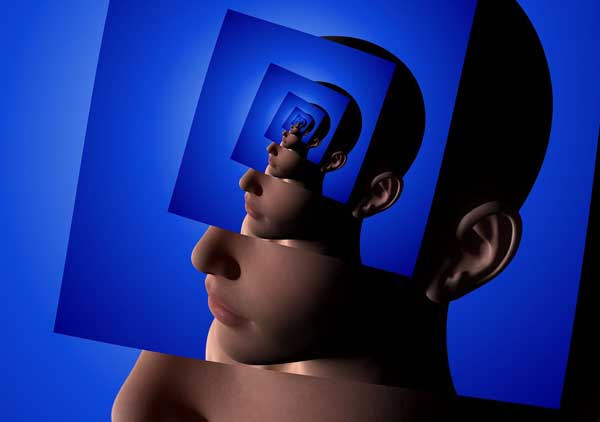You know that America is facing a health care crisis of epic proportions, and we’re all starting to realize that everyone plays a role in ending our cultural dependence on opioids.
In 2015, there were 52,000 drug overdose deaths and more than 60% of these were linked to OxyContin, Percocet, fentanyl, heroin, and other opioids.
Today, right now, drug overdoses are killing more Americans than the HIV and AIDS crisis did at its peak; more than car crashes and gun murders combined; it’s one of the biggest reasons why scientists say we’re seeing a decline in overall life expectancy in the U.S.
It’s up to every care provider to start addressing these concerns by not only reducing prescriptions for opioids but also by offering alternative pain management therapies. Everything else should be in your arsenal so that you can protect your patients.
The latest revelation in the opioid crisis comes from doctors reporting that patient satisfaction surveys may cause concern and lead to increased prescriptions for the drugs. Patient surveys ask if they feel the hospital or care setting has done everything it can do to relieve their pain, and many who are in pain (or are seeking drugs) but do not get an opioid will report that they’re not satisfied with their pain management.
Alternative therapy options that avoid prescriptions are not only growing because of safety worries, but also because more and more Americans want to avoid the crisis they see on TV, in their communities, and even in their families.
Electrotherapy (the use of electrical energy to stimulate nerves and muscles) and bioelectronic medicine options are a growing opportunity because they provide relief with virtually no chance of an addiction. Plus, electrotherapy also helps address many of the side effects of opioid abuse and other addictions.
Electrotherapy devices reduce the pain people experience, and for those using opioids this outside pain reduction can help decrease incidents and likelihood of related concerns, including:
- central hypogonadism
- cognitive impairment
- depression
- fractures and fall-related injuries
- infections
- impaired wound-healing
- risk of secondary addictions
- sleep disorders, especially breathing concerns
Addressing chronic pain is the best way to give the people you treat relief from a wide range of harms, and can help remove some of the potential for prescription or opioid abuse.
Physicians and patients alike are saying that it works. It helps them feel better, it helps offices enhance their business, and it can start to push America away from the crisis that we face.

